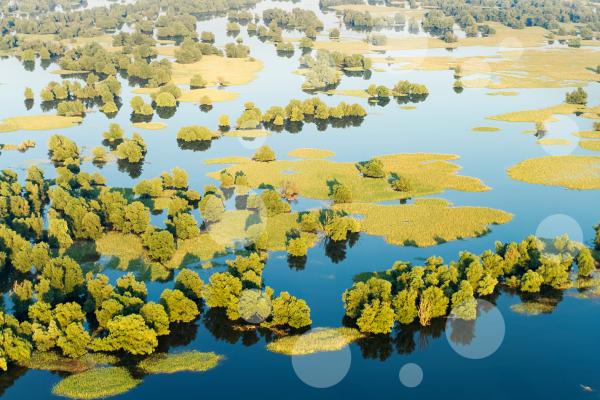
The JRC supports the Commission in the effort of integrating sustainability in the regulation of financial institutions. We also help in identifying financial vulnerabilities due to risks related to the environmental, social and governance (ESG) dimensions.
Looking at the environmental sphere, climate change represents a major source of systemic risk due to the exposure of financial institutions to particular economic sectors or types of counterparts.
In fact, biodiversity loss and ecosystem degradation also have the potential to have serious consequences for the real economy and for the financial system.
The ability of banks, asset managers and insurers to timely identify and manage those risks and absorb financial losses potentially arising from them, is ultimately key for financial stability.
It is therefore of paramount importance to ensure that financial institutions are well equipped to withstand potential impacts and that the financial system as a whole is resilient to these threats.
The JRC develops research to monitor and assess:
(i) risks for financial institutions from being exposed to economic activities that will need to be abandoned in the green transition;
(ii) impacts of catastrophic events on financial institutions;
(iii) long term consequences of a loss of biodiversity and ecosystem services or a strengthening of biodiversity protection that could lead to stranded assets.
The JRC supports the Commission department for Financial Stability, Financial Services and Capital Markets Union (DG FISMA) by providing scientific and technical advice in the context of several policy initiatives, starting with the 2018 Action plan to finance sustainable growth.
Currently, the JRC supports the implementation of the actions listed in the EC Strategy for Financing the Transition to a Sustainable Economy and the new EC Strategy on Adaptation to Climate Change.
We also support the work of the European Systemic Risk Board on the quantification of transition and physical risks related to climate change, by providing scientific evidence and data on natural disasters from the JRC risk data hub, as well as by developing models for climate stress-testing.



